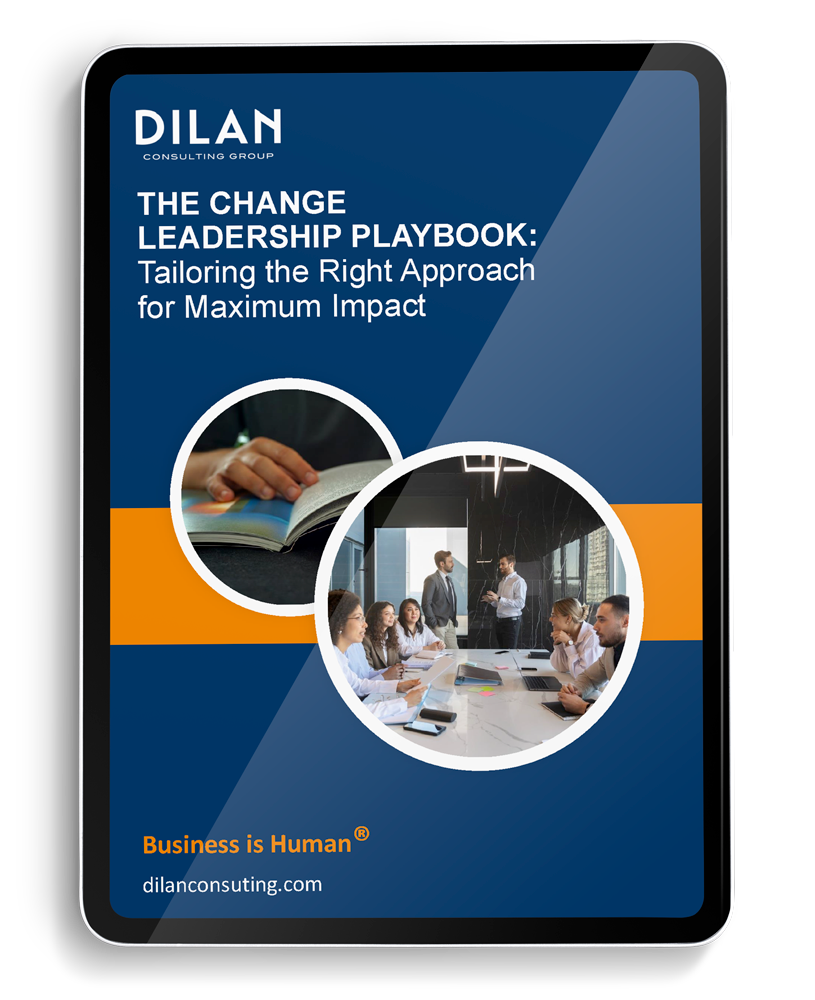Millennials, born between 1981 and 1996, now represent the largest generational cohort in the workforce. They bring a unique perspective to work, shaped by rapid technological advancements, global connectivity, and the economic downturns of the 2000s. Known for valuing purpose, flexibility, and collaboration, Millennials are motivated by more than just monetary incentives. They seek work that aligns with their values and offers opportunities for personal growth, while also craving a strong sense of work-life balance.
This blog will explore how to effectively manage Millennials using a Diversity, Equity, and Inclusion (Inclusion & Belonging) approach, focusing on strategies that align with their workplace expectations and preferences.
The Millennial Mindset: Purpose, Flexibility, and Collaboration
Millennials are often described as purpose-driven workers who value transparency, flexibility, and opportunities for collaboration. As highlighted in research by Great Place to Work (2021), Millennials expect their leaders to be authentic and to connect the workforce to a common purpose. They want their contributions to make a meaningful impact, whether through social responsibility initiatives or by working in companies that demonstrate strong values of inclusivity and transparency.
Moreover, flexibility is essential for this generation. Millennials prioritize work-life balance, often preferring flexible schedules, remote work options, and the ability to integrate their personal lives with their professional goals. As Business News Daily (2021) points out, many Millennials saw their parents struggle with job insecurity during economic downturns, and as a result, they tend to prioritize flexibility and well-being over high salaries.
Inclusion & Belonging Strategies for Managing Millennials
1. Create Purpose-Driven Roles and Foster Transparency
Millennials are known for being motivated by purpose. They want to work for organizations that stand for something beyond profit, whether it be sustainability, diversity, or social justice. According to Indeed (2021), Millennials expect to know how their work contributes to the larger goals of the company and the community. Paul Taylor (2014) in The Next America emphasizes the generational shift toward valuing the social impact of work (Taylor, 2014).
– Best Practice: Clearly communicate your company’s mission, values, and social initiatives. Involve Millennials in Inclusion & Belonging and corporate social responsibility projects to ensure they feel their work has a meaningful impact.
2. Offer Continuous Feedback and Growth Opportunities
Unlike older generations, Millennials expect constant feedback and opportunities for development. They grew up in the age of rapid communication and instant access to information, which has translated into a need for regular performance reviews and constructive feedback. As noted in a Great Place to Work (2021) study, Millennials admire leaders who invest in their long-term growth and development.
Val Grubb (2016) in Clash of the Generations emphasizes that Millennials thrive in environments that promote learning and development, with clear paths to advancement (Grubb, 2016). Millennials want mentorship and access to resources that will help them grow professionally.
– Best Practice: Implement regular check-ins, provide mentorship opportunities, and establish clear career development plans. Offer Millennials opportunities for continuous learning, whether through leadership programs or skill development workshops.
3. Prioritize Flexibility and Work-Life Balance
Millennials place a high value on work-life balance. They are less focused on the traditional 9-to-5 schedule and more on output and results. As highlighted by Business News Daily (2021), Millennials favor flexible work arrangements, including remote work options and results-oriented environments. Additionally, Lauren DeLisa Coleman (2021) in her Forbes article stresses that Millennials expect flexibility to be built into their work structures, whether it be flexible hours, remote work, or a hybrid model (Coleman, 2021).
– Best Practice: Offer flexible work schedules and remote work opportunities. Focus on measuring productivity based on outcomes rather than hours logged and provide flexibility for Millennials to manage their work in ways that suit their lifestyles.
4. Foster Collaboration and Inclusion
Millennials thrive in collaborative, team-oriented environments. Having grown up working on group projects and participating in team sports, Millennials are accustomed to working alongside others. Collaboration is not only expected, but essential. They also expect to be part of an inclusive, diverse workplace where different perspectives are respected and valued.
According to Workable (2021), promoting collaboration across teams can help Millennials feel more engaged and included in the decision-making process. Millennials also appreciate transparent communication and expect to be involved in key decisions that affect their roles and the broader organization.
– Best Practice: Create opportunities for cross-functional collaboration by building diverse teams. Ensure that Millennials have a voice in decision-making processes and foster an inclusive workplace that values diversity of thought and experience.
How Millennials Can Improve Their Interactions with Other Generations
Millennials bring unique strengths to the workplace, but fostering strong relationships with Baby Boomers and Generation X colleagues requires adaptability. Here are some ways Millennials can improve their interactions with other generations:
- Be Open to Learning: Millennials should embrace mentorship opportunities with older colleagues. By learning from the experience and insights of Baby Boomers and Generation X, they can gain valuable skills that complement their tech-savvy expertise.
- Respect Traditional Values: While Millennials value flexibility and innovation, they should also be mindful of the traditional work structures and values that Baby Boomers and Gen Xers appreciate. This mutual respect will foster stronger workplace relationships.
- Share Their Expertise: Millennials can use their technological prowess to help older generations navigate new tools and platforms, enhancing productivity and collaboration across teams.
Conclusion
Managing Millennials through a Inclusion & Belonging lens requires an understanding of their core values: purpose, flexibility, and collaboration. By offering purpose-driven work, regular feedback, flexibility, and inclusive work environments, organizations can engage Millennials and harness their potential for innovation and leadership.
This generation’s focus on collaboration and inclusion makes them well-suited to thrive in diverse, multi-generational teams. By creating spaces for open communication and shared learning, organizations can build a future-ready workforce that values both individual growth and collective success.
This blog is part 4 of a 5-part series that provides insights and tactics for managing multigenerational teams. A new part focusing on a specific generation is released each week.
Part 1 Managing a Multigenerational Workforce Through a Inclusion & Belonging Lens
Part 2 Managing Baby Boomers in the Workplace Through a Inclusion & Belonging Lens
Part 3 Managing Generation X in the Workplace Through a Inclusion & Belonging Lens
References
- Bourne, B. (2016). “Managing Multigenerational Workers: How Understanding Generational Differences Can Improve Organizational Performance.” Journal of Applied Management and Entrepreneurship.
- Coleman, L. D. (2021). “How Millennials and Gen Z Are Redefining Workplace Norms.” Forbes.
- Grubb, V. (2016). Clash of the Generations: Managing the New Workplace Reality. Wiley.
- Pollak, L. (2019). The Remix: How to Lead and Succeed in the Multigenerational Workplace. Harper Business.




